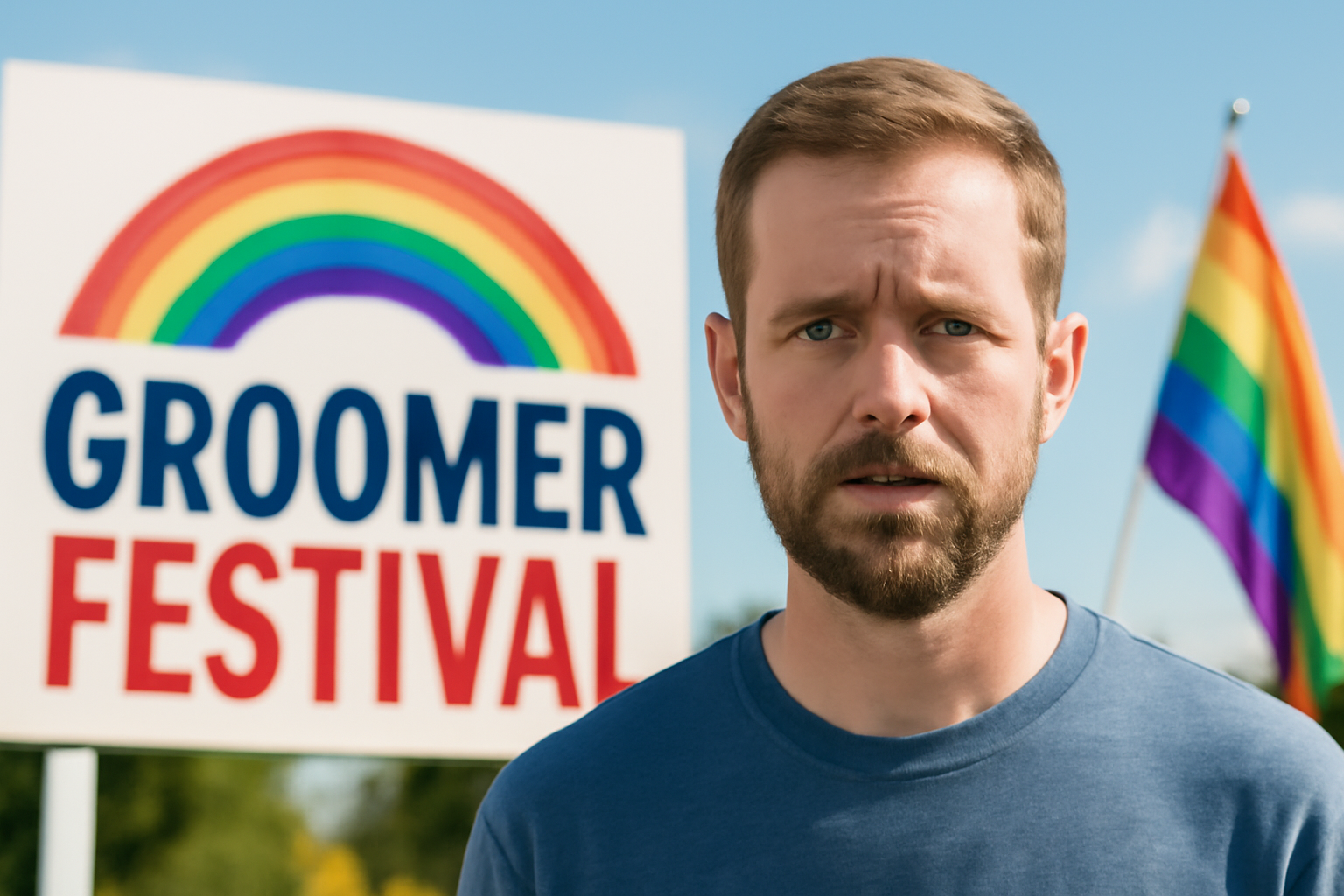
The recent announcement of a festival in Idaho has sparked a significant amount of discussion online, both within the LGBTQ+ community and beyond. This event, aiming to celebrate a unique perspective on pride, has been dubbed with a name that has drawn both curiosity and criticism from various quarters. As expected, the internet has erupted with opinions and debates over the implications and intentions behind this festival's name.
The Event in Question
Organizers of the event describe it as a celebration of "heterosexual pride," which has naturally raised eyebrows among those who support traditional pride celebrations that focus on inclusivity and diversity. The event is positioned as a festive gathering, complete with music, food, and activities that aim to honor what the organizers refer to as "traditional values." However, the choice of the festival's title has been the primary focus of attention, given its provocative nature.
The festival's title seems to be a response to the LGBTQ+ pride events that have become a beloved tradition around the world. While some see this as an opportunity to celebrate their own identity, others view it as a controversial move that seeks to undermine the purpose and significance of LGBTQ+ pride events.
Community Reactions
Reactions from the LGBTQ+ community and allies have been mixed but largely critical. Many people see the event as unnecessary and potentially harmful, as it might detract from the struggles and achievements of the LGBTQ+ community. Critics argue that the concept of a "straight pride" event ignores the history of oppression faced by LGBTQ+ individuals and the ongoing fight for equal rights.
On social media platforms, hashtags related to the event quickly started trending, with users expressing a wide range of emotions from confusion and amusement to outrage. Memes and satirical posts have proliferated, highlighting the perceived absurdity of the festival's premise.
Understanding Pride Celebrations
Pride events, particularly those held by the LGBTQ+ community, are not merely festive occasions. They are deeply rooted in a history of resistance and protest. The first pride marches were a direct response to discrimination and violence faced by LGBTQ+ individuals. They serve as a reminder of the struggles for acceptance and equality, and they celebrate the progress made over the years. Many believe that these events should remain focused on advocating for the rights of marginalized communities.
The concept of a "straight pride" event challenges this narrative and raises questions about what pride means in different contexts. Some argue that every individual deserves to celebrate their identity, while others believe that pride celebrations should continue to focus on those who have been historically marginalized.
The Broader Implications
Events like the one in Idaho can have broader social implications. They can influence public discourse around issues of identity, rights, and inclusion. While the intention behind such events might be to foster a sense of community and pride among heterosexual individuals, the execution and messaging can lead to misunderstandings and controversy.
Ultimately, the way society views and celebrates identity is evolving. As conversations about gender, sexuality, and equality continue to develop, events like these challenge us to think critically about inclusion and representation. Dialogue and understanding are essential to ensuring that celebrations of identity, regardless of their focus, are respectful and meaningful.
Conclusion
While the Idaho event has certainly succeeded in garnering attention, it has also prompted necessary discussions about the purpose and scope of pride. As the event approaches, it remains to be seen how it will unfold and what impact it will have on the local and broader community.
Related Posts
Triumphant Trans Woman Wins Legal Battle and Inspires Others to Stand Up for Their Rights
Breaking new ground: a landmark victory in transgender rights After battling in courtrooms and enduring endless challenges, Diana Portillo, a transgender woman, has secured a monumental victory in her decade-long fight against workplace discrimination. The result? Nearly $1 million awarded in a historic settlement. But this isn't just a win on paper—it represents a powerful precedent in combati [...]
Pride Month in Latin America: Protests and Demands for Equality
**Celebrating Pride and advocating LGBTQ+ rights in Latin America** Pride Month in Latin America was a lively mix where celebration met activism. Communities united, not just throwing a party but making a stand—demanding equality and pushing governments toward better protection and rights recognition. Throughout Latin America, pride events erupted in marches and cultural displays, each with a c [...]
Transgender Erasure Actions Implemented by National Park Service
```html Trump administration's impact on national park service and transgender recognition The Trump administration made notable moves in undermining transgender representation, which included directing agencies like National Park Service not include "T" and "Q" when they refered “LGBTQ” in any official communication. This move seems part a broader plan by this administration aimed at reducin [...]